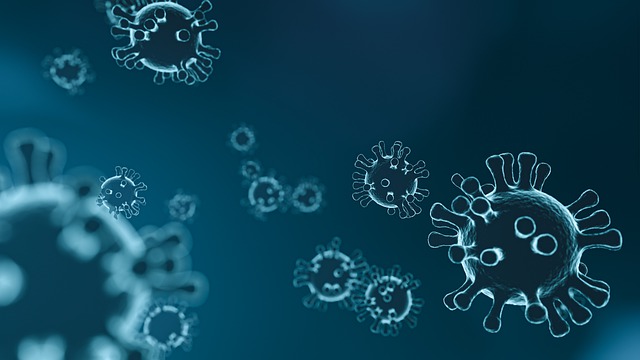While micro traces were discovered in the non-potable network in Paris on Sunday July 19th, is there any reason to fear a similar scenario in Normandy? Could the coronavirus contaminate the water? Confined Parisians were frightened on Sunday April 19th when they learned that micro traces of Covid-19 had been discovered in the capital’s non-potable water systems. Is there any reason to fear a similar scenario in Normandy? Let’s take a deeper look at the situation with Boris Lefebvre.
« Minor traces »
It should be said that these « minor traces » were found in non-potable water. In other words, very small traces of Covid-19 were found in water initially used to clean the streets of Paris or water the capital’s gardens.
The non-potable water network comes from the Seine and the Canal de l’Ourcq. This water is not treated in the same way as drinking water, which is generally taken from the ground. This non-potable water « is subject to coarse filtration to remove debris and particles larger than 4 mm », says the town hall on its website.
« There is no antibacterial treatment in this water, » says Nicolas Veissier, director of the drinking water and sewerage boards of the Rouen Normandy Metropolis. « It is not the same source, not the same network, not the same treatment as drinking water. »
But how did these micro traces end up in the water? « All it takes is for someone who is sick to go to the toilet. It then goes into the sewerage network and then into the treatment plant, which mainly treats simple molecules, and which has no bactericidal or virucidal system, » continues Nicolas Veissier. « There is no risk that its traces will multiply. »
No risk in Normandy
In Rouen and on the mainland, there is no risk of this same scenario happening, since there is simply no non-drinking water network, says the director of the drinking water and sewerage boards of the Rouen Normandy Metropolitan Area. « It’s a question of budget, it would make a double network and even the treatment of non-drinking water has a production cost. »
How is drinking water treated in Normandy?
According to the Métropole Rouen Normandie, the treatment of drinking water has not changed since the beginning of the pandemic. The objective is still the same: drinking water treatment removes visible matter from the water by filtration or other technologies. « Then, all bacteria are killed either by ozonation or chlorination, » explains Nicolas Veissier.
« Raw water is taken, generally from the ground, pumped up by a pump that goes to a treatment plant where there is filtration of the large molecules, then filtration of the smaller molecules, then a final treatment either by ozonation, and / or chlorination, i.e. injection of bleach (sodium chlorodyne more precisely.) ».
Tap water is one of the most controlled substances in France
Every year in Normandy, more than 20,000 water samples are taken in application of the sanitary control program. 1 million analyses are carried out by laboratories approved by the Ministry of Health.
